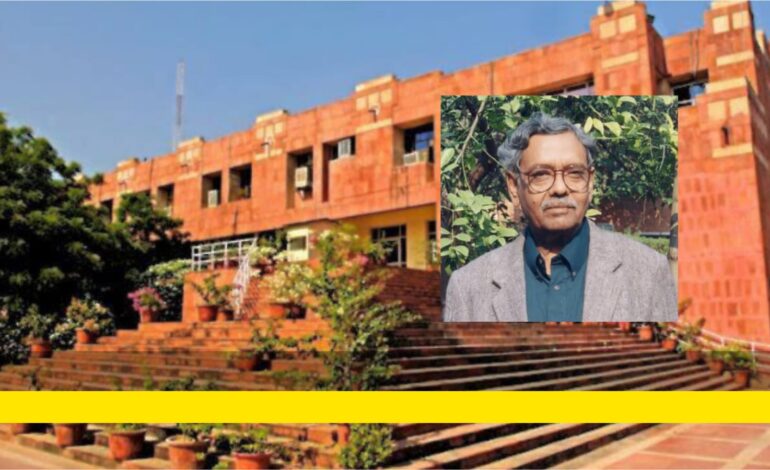
Professor Imtiaz Ahmad, renowned social scientist, passed away on June 19, 2023. He taught at the Centre for Political Studies, Jawaharlal Nehru University (JNU), New Delhi from 1972 to 2002. As a political sociologist, he was well-known for his work on caste among Muslims in India. Among his notable works is the book Caste and Social Stratification Among Muslims in India (1973) which he edited.
A lot will be written on Prof. Imtiaz Ahmad and his work by domain experts and his close associates. Here, I’d like to share a fond memory of his magnificent response he gave at an event.
I joined JNU as a student years after Prof. Imtiaz Ahmad retired; nevertheless I had the fortune of listening to a few speeches that he gave in the post-dinner public meetings, an attractive, regular feature of life in JNU, which are organised in hostel mess halls by various student organisations, used to be a regular and attractive feature of life in JNU. There is one particularly unforgettable meeting in which he was the main protagonist. That meeting was organised by the Students’ Federation of India (SFI) in the mess hall of Kaveri Hostel, at a time when the country was debating the Sachar Committee report on the social, educational, and economic status of Muslims in India. There were three speakers: Prabhat Patnaik, Imtiaz Ahmad, and one more speaker whose name I fail to recollect.
Prabhat Patnaik spoke brilliantly, discussing the political economy of the backward conditions faced by Muslims in India, with the historical background of Partition which led to the migration of a major section of well-to-do Muslims to Pakistan (West and East).
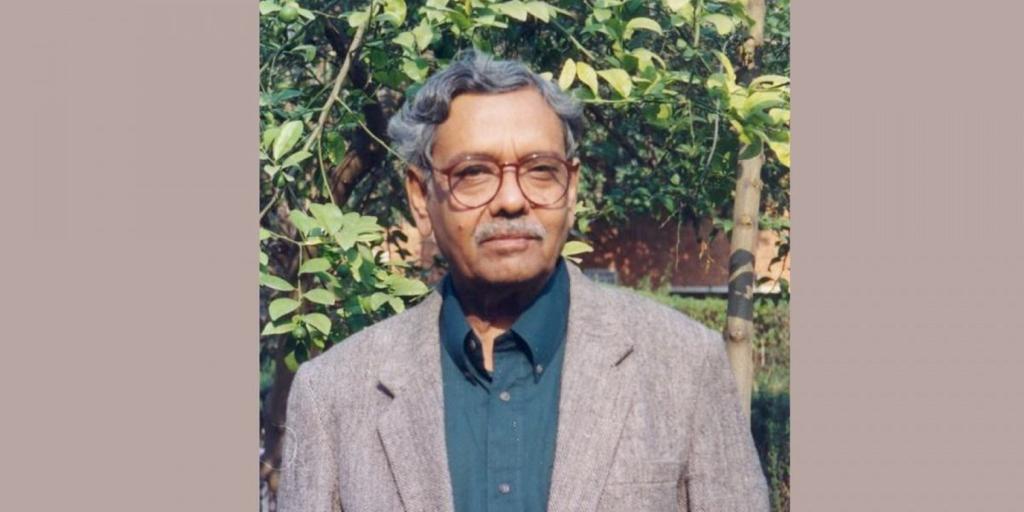
Imtiaz Ahmad gave an illuminating speech on the condition of Muslims in the country. Among the many things he said, he mentioned the prevalence of caste discrimination among Muslims in India. This caused a furore.
As soon as the three speakers were done with their speeches and the floor was opened for questions, something unusual happened, that is, the speakers themselves raising questions. The third speaker stood up to pose a question to Imtiaz Ahmad challenging his arguments. Similar questions were asked by several students. Their core argument was: there is no caste in Islam and hence it is not possible for caste discrimination to exist among Muslims. It was the most vehement verbal attack on a speaker that I had ever seen in a public meeting.
The speakers began to give their answers, one by one. Imtiaz Ahmad was the last one to respond. He looked almost crestfallen, reluctant to answer, as if he had been shaken by the barrage of questions and comments directed against him. Prabhat Patnaik smiled and prodded Imtiaz Ahmad to get up and speak.
And then Prof. Imtiaz Ahmad rose, to give a majestic response. He took on the questions one by one. There is no caste in Islam, true, but the caste system does exist among Muslims, he said. He then gave the names of some Muslim castes in India which are considered untouchables by the “upper” castes among Muslims. He also talked about some practices prevalent among Muslims in some parts of India – for example, during major festivals, upper class Muslims would throw feasts for the entire community, but “lower” caste Muslims would be given food on the other side of the road, and not be allowed to enter the host’s house. Prof. Imtiaz Ahmad’s response, rich in detail and based on long years of in-depth research and experience, was so powerful that it softened the attitude of those who attacked him ferociously.
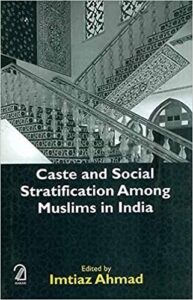
He also said that scriptures should be considered social texts that emerged in certain historical contexts and which can be critiqued. That caused another uproar. Scripture is God-given, some argued. But he insisted that as a social scientist, scriptures were social texts. (Unsurprisingly, Prof. Imtiaz Ahmad was hated by the reactionary sections among Muslims, and also by the peddlers of Hindutva.)
The discussion continued even after the public meeting had formally ended. People surrounded him and accompanied him to his car, with questions and answers flying back and forth.
That was an era when there was no practice of recording the speeches at public meetings, forget live-streaming the even. So many brilliant speeches and Q&A sessions have, therefore, remained unrecorded. I don’t think anybody even has an audio recording of the speeches, questions and answers at this marvelous public meeting at Kaveri mess hall that night.
Farewell, sir! You would be sorely missed. People will continue to learn and get inspiration from your work and life.


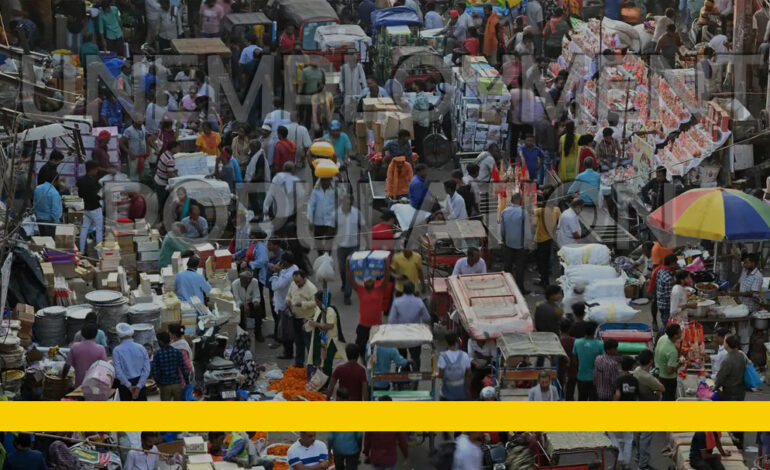
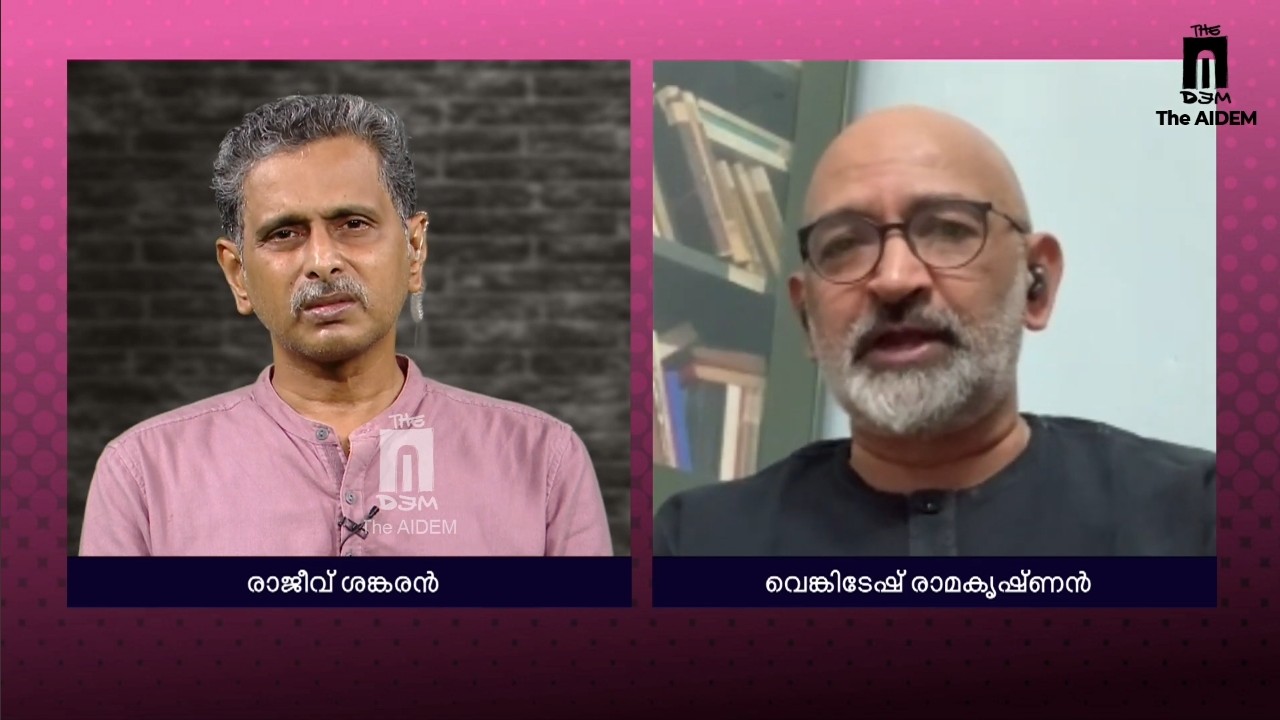
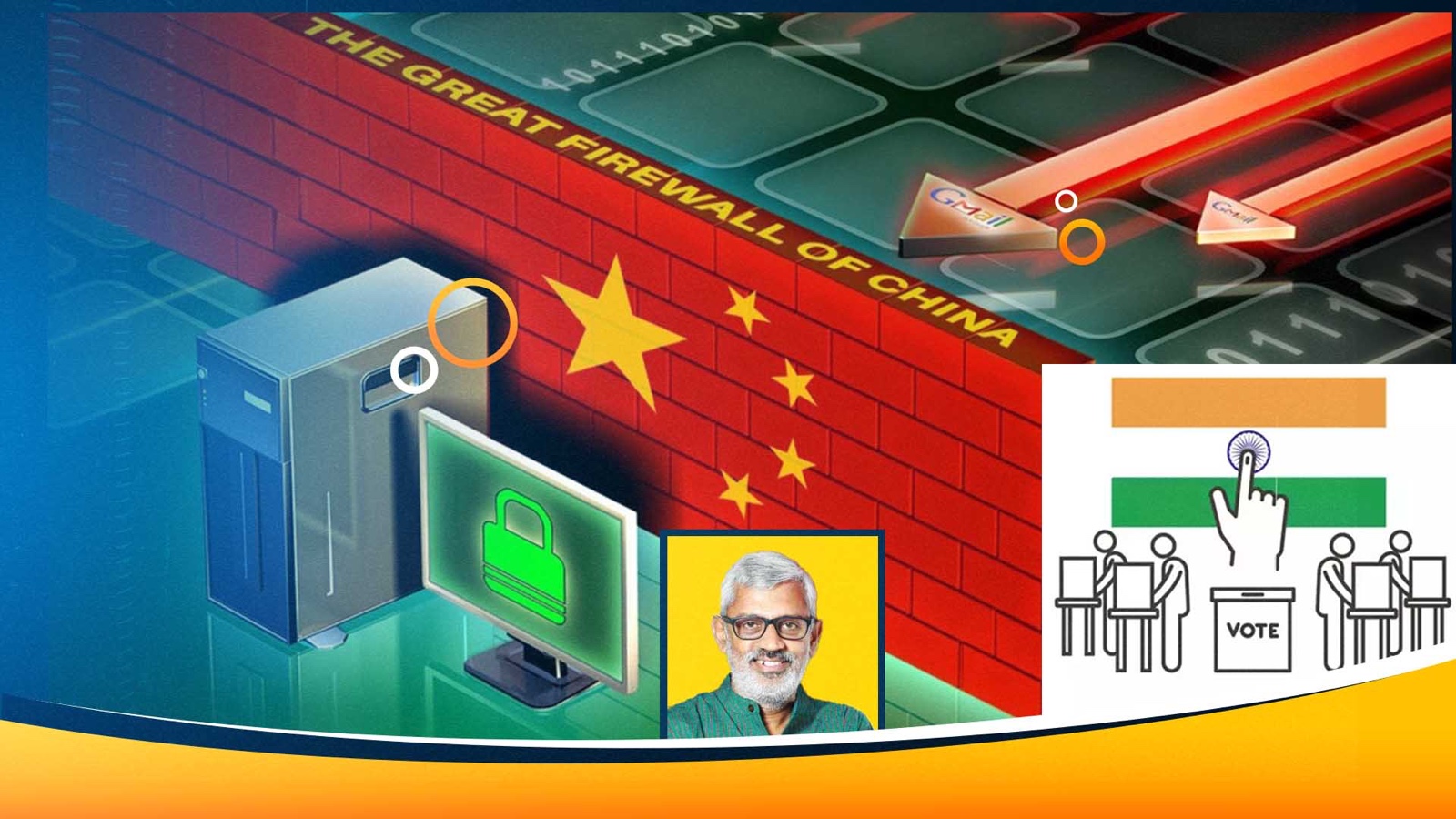
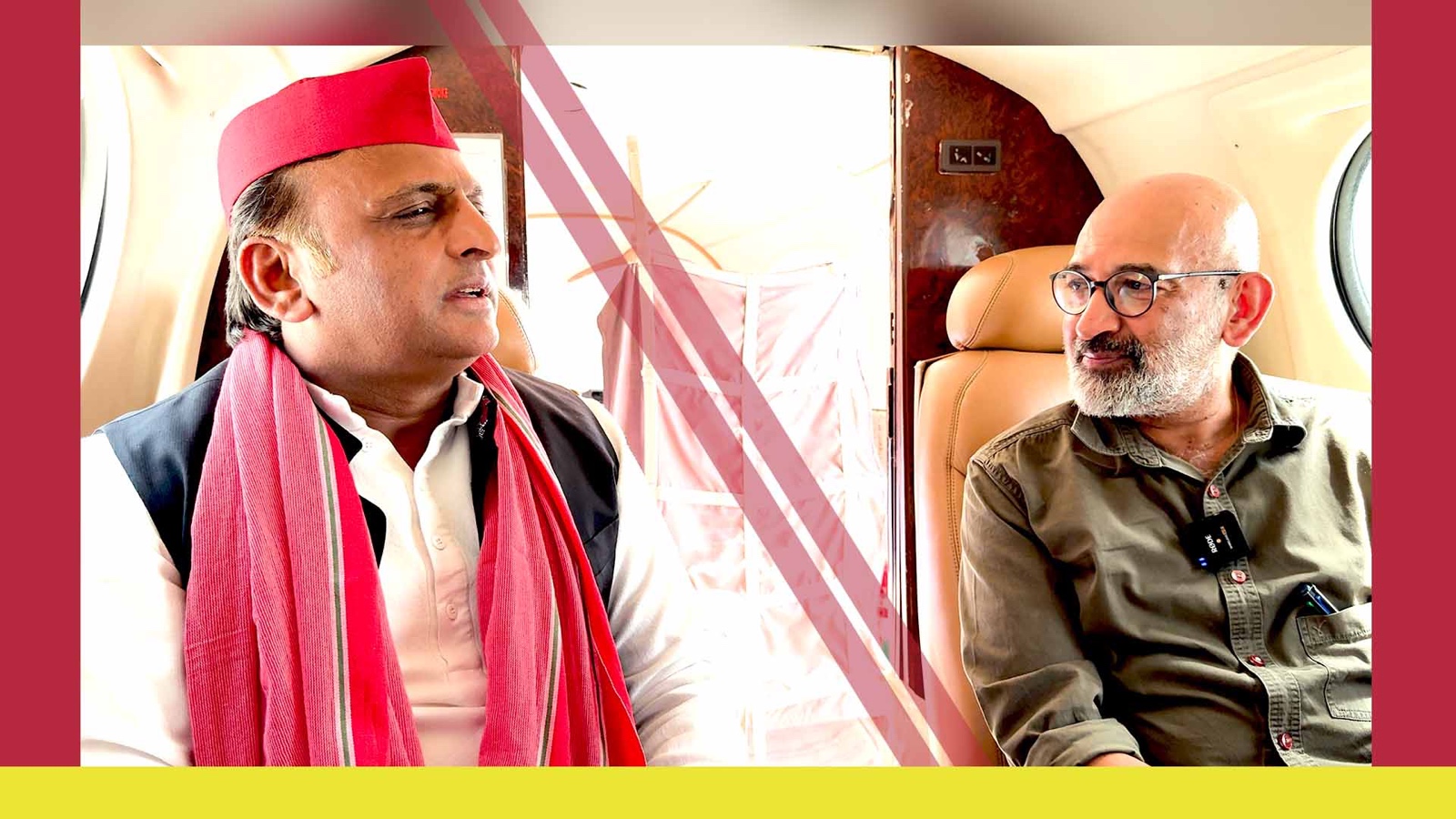
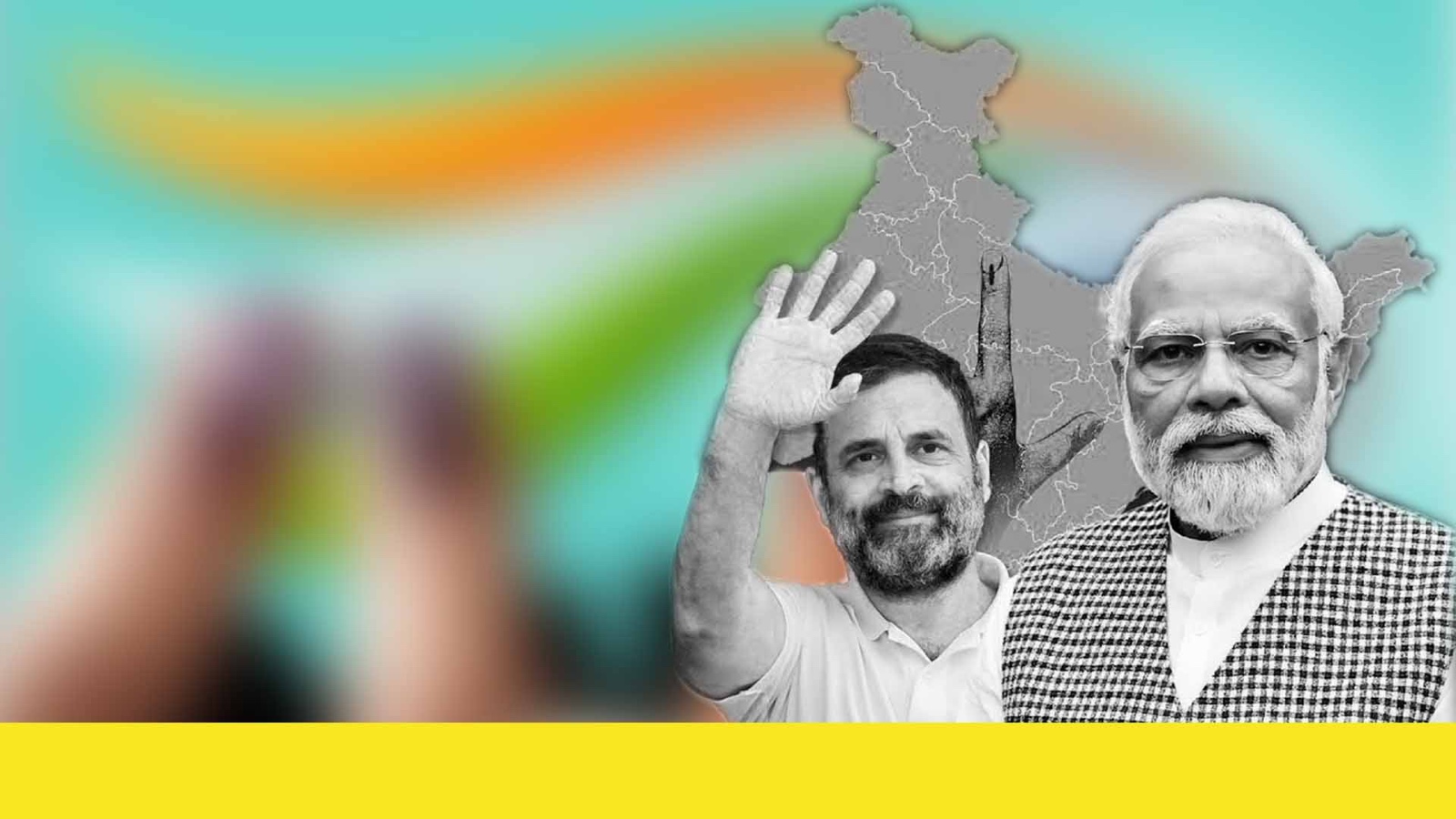




Great loss, heartfelt condolences